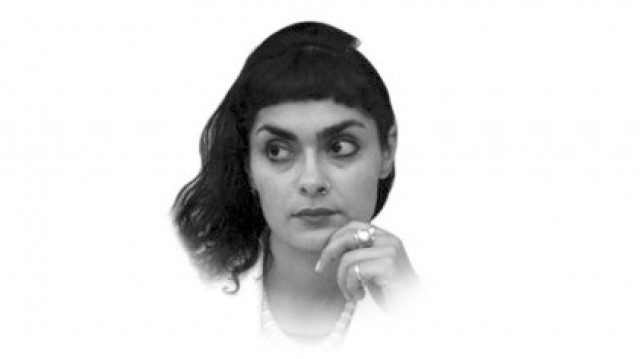The darkest side of censorship

Their ‘meaningless’ poetry constituted a protest against the dictatorship of the proletariat, and they were believed to be members of a ‘terrorist’ organisation of writers. They were sentenced to several years in labour camps, and died in these camps, or on prison trains of starvation or illness. Some were even shot, for writing poetry. Such are the powers that art has been seen to have, either via words or visuals. Those who want to maintain control and power have historically been afraid of anything that may distill their hold on the masses. In this new millennium, there is a vast schism between the ‘developed’ world and the ‘developing’ nations. Whereas to the former, the fate of the OBERIU may seem a distant nightmare for the latter it is very much their present and it seems, their future.
This week a jailed filmmaker, Jafar Panahi in the notorious Evin prison in Iran goes on a hunger strike until he is allowed to see his family, meet with a lawyer and be set free pending trial. Panahi is well-respected, having received accolades from Venice and Cannes at which he was meant to be a juror this year. The actress, Juliette Binoche burst into tears during her acceptance speech making a public condemnation at the plight of Panahi, following which he was released on $200,000 bail. Despite his international success, most of his films are banned from being shown in Iranian cinemas. His arrest was apparently over plans to make a new critical film about the protests that sprung up in Iran after the rigged presidential elections in June 2009. Panahi’s case has been referred to a revolutionary court, and he will still face trial.
Also on hunger strike in Evin prison is Mohammad Nourizad, an Iranian writer and film director. Last week an opposition website reported that Nourizad had been severely beaten by security personnel. He was arrested late last year after he published on his blog three letters deemed disrespectful to Iran’s supreme leader, Ayatollah Ali Khamenei, and other senior officials.
On the 23rd of March, 2010 China’s long-running row with Google which threatened to pull out of the country altogether following cyber attacks which were traced back to China, reached a head. Google, one of the world’s most prominent corporations has declared it is no longer willing to co-operate in China’s censorship of the internet. In 2005, Orhan Pamuk, a Nobel prize-winning novelist went on trial over remarks about the alleged mass killing of Kurds and Ottoman Armenians — deaths Turkey insisted could not be classed as genocide. Today, he still receives death threats and has a bodyguard. The “Western Istanbul”, as visitors see it, only makes up about 10 per cent of the city and its population. In Pakistan, the violence at the Shanaakht festival in Karachi last year is an example, that whereas 40 per cent of the population may feel like they can handle free speech, 60 per cent cannot. There is a schism within our own society.
On February 25, 2010, M F Husain, a Muslim artist who paints Hindu deities, fleeing for his life at the age of 95 was given Qatari citizenship, having been driven out of India by Hindu fundamentalists. In 2006 a reward for his death was offered by Hindu organisations.
This is the psycho-geography Pakistan is a part of. We are not part of the “free” world. These are our neighbours. And we all know what happens when good neighbours become good friends.
The dark cloud of the internet ban is slowly lifting off Pakistan, but the show of power is a caveat for all electronic media. Pakistanis were told only Facebook would be banned but close to 800 sites were included in one fell swoop under the guise of solidarity, protection and protest. The message however, is clear, dissent can and will be muzzled as will the avenues for such. The question is whose message exactly is this?
Published in the Express Tribune, May 31st, 2010.














COMMENTS
Comments are moderated and generally will be posted if they are on-topic and not abusive.
For more information, please see our Comments FAQ